Quarterly Essay
Quarterly Essay is published four times a
year by Black Inc., an imprint of Schwartz
Publishing Pty Ltd
Publisher: Morry Schwartz
ISBN 186 395 094X
ISSN 1832-0953
Subscriptions (4 issues): $49 a year within
Australia incl. GST (Institutional subs. $59).
Outside Australia $79. Payment may be made
by Mastercard, Visa or Bankcard, or by cheque
made out to Schwartz Publishing. Payment
includes postage and handling.
To subscribe, fill out and post the subscription
form on the last page of this essay, or
subscribe online at:
www.quarterlyessay.com
Correspondence and subscriptions should
be addressed to the Editor at:
Black Inc.
Level 5, 289 Flinders Lane
Melbourne VIC 3000 Australia
Phone: 61 3 9654 2000
Fax: 61 3 9654 2290
Email: quarterlyessay@blackincbooks.com
http://www.quarterlyessay.com
Editor: Chris Feik
Management: Sophy Williams
Production Co-ordinator: Caitlin Yates
Publicity: Meredith Kelly
Design: Guy Mirabella
Printer: Griffin Press
CONTENTS
RELAXED AND COMFORTABLE
The Liberal Partys Australia
Judith Brett
Guy Rundle, Gordon Parker, Elizabeth Wilson, David Webb, Gail Bell,
Moira Rayner, Bruce Hawthorne, Lawrie Moloney
Contributors
How are we to understand the contribution of John Howard himself to the success of his governments? The question invites biographical speculation about Howards personality, his family background, his early political career, his political skills and beliefs, as well as consideration of other possible contributing factors such as luck and the failings of Labor. This essay takes one tack through the many possible lines of enquiry about the reasons for Howards phenomenal political success and argues that much of it can be explained by the skill with which he has drawn on the Liberal Partys traditions and rhetoric. To some extent it is a calming operation, using history to give a long view on the partisan struggles and passions of the present. Today Howard seems invincible, presiding over Australian politics like the veritable colossus and making it hard to think beyond and around him, especially for his opponents both inside and outside the Liberal Party.
To my mind much that has been written about Howard and his governments has been wrong, or at least overheated, particularly the claims about what his election victories show about the Australian people that they are racist, uncaring, reactionary, and so on. Also overheated are many of the claims made about Howard himself. Hating a straw man may be emotionally satisfying, but it is not good politics. Making Howard out to be more radical or more cunning or more powerful than he is might explain to his opponents their own sense of futility, but it does nothing to connect with his arguments or his supporters.
Contemporary accounts caught up in the urgent conflicts of the day are probably always overheated. And a media forever scanning for the contours of the new is not good at noticing things that dont change. Of course, not all thats been written about the Howard governments is wrong, and I wont discuss all aspects of Howards record in what follows. What I will do is look at how Howard has played the politics of the nation, and argue that this has its origins in his partys history. I hope this will contribute to a more rounded understanding both of Howard and of the Liberal Party.
I do not particularly like the Howard governments, but nor am I wholly appalled by them. They have done some things I think are unforgivable, particularly in the area of indigenous affairs. Their record of cruelty is greater than previous governments, and they have corrupted practices of accountable government. They have been good at managing the finances of the budget, but poor long-term economic managers, and have wasted opportunities for reform. But they have not ended the world as we know it. And Im not yet sure that they have fundamentally changed Australia.
When I look at Howard the continuities seem stronger than the ruptures. This may of course be a matter of temperament, of seeing the glass half full rather than half empty, but it is also about perspective. I write this essay not as a moralist but as a political historian. Nevertheless I am very aware of writing into a debate that is bitter and divided, where people who criticise the government are accused of being Howard-haters, and those who defend it of being apologists; where many politically engaged people feel angry and locked out; where neither side is really very interested in seeing the rationality of the others position.
For me, a central task of political history is to inhabit political positions and explain them from the inside. This means taking seriously what people say about what they believe, and thinking hard about how and why they see the world as they do. This requires knowing the historical context: what is going on in the world people are forming their beliefs about. Political beliefs are partial representations of reality, and historians need to understand as much as they can about that reality if they are to perceive the patterns of partiality with which it is apprehended. But they also have to listen carefully to what people say they believe and not be too quick to dismiss them as opportunists, hypocrites or liars.
Judith Brett
RELAXED AND
COMFORTABLE
The Liberal Partys
Australia
Judith Brett
NATION
We represent all the people, not just the ones who voted for us, but the ones who voted against us. And the real thing we have to produce is not only national prosperity but national unity.
With these words Robert Menzies accepted the responsibility of victory at the 1949 election, for the Liberal Party of Australia and its coalition partner, the Country Party. On the Movietone news footage his hair is already white, his heavy black eyebrows and jowls unmistakable. By the time he retires from office in early 1966 he will be seventy-two, the grand old man of the Liberals who delivered his party its longest run of political success.
For the major parties electoral politics is about the tension between unity and division. To put itself forward to govern the country, a party must be a plausible representative of the country as a whole. Yet in the adversarial politics of our system of parliamentary government, it must also compete, and present itself strongly as a representative of some interests and values and not others. It must rally its supporters and attack its opponents, and so speak the angry, self-righteous language of division as well as the reassurances of unity. Thus, at the end of the election, when the battles been won, the party leader who is to become prime minister will reassure the nation that he will govern on behalf of them all, not just those who voted for him. This is an election-night ritual, but it can be more or less convincingly done. Menzies did it seven more times before he retired. In 1963, after his last election, he delivered the same message on television, thanking the ladies and gentlemen for the victory and again promising to govern for all. Menzies delivered the message seated alone at a desk, looking straight down the camera into the Saturday-night lounge rooms of the nation. There was none of the triumphalist hullabaloo of the election-night victory party to remind that this was all about winning and losing; there were no journalists present to ask awkward questions; there was no flicking of the eyes from the camera to the party faithful and back again. His voice was calm, intimate and reassuring, and he spoke only to you.
When Menzies led the Coalition to victory in December 1949, the Liberal Party of Australia was just short of five years old. It had been formed officially in early 1945, although the crucial decisions were made in the previous year. The Australian Labor Party, first under John Curtin and then under Ben Chifley, had led Australia through the war after taking office in 1941. It was a popular and effective wartime government, but made some bad mistakes afterwards. When Labor lost, no one, and certainly not those in the Liberal Party, foresaw the length of time it would spend in opposition.

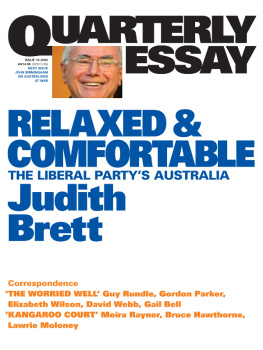
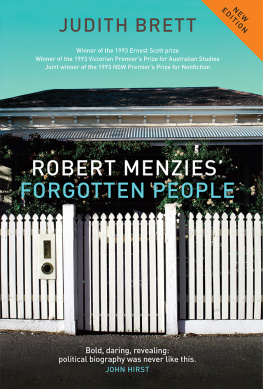
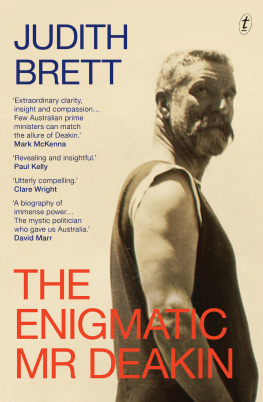
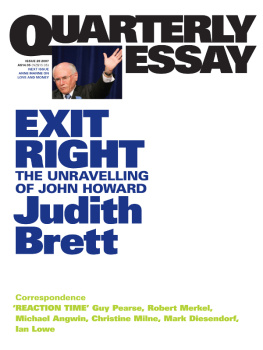
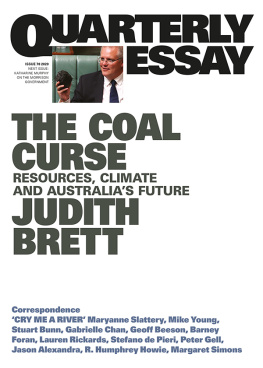
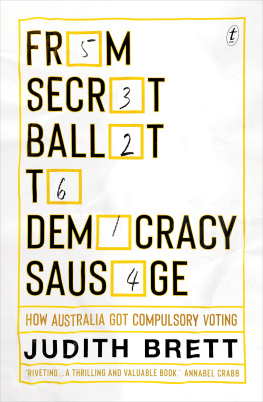

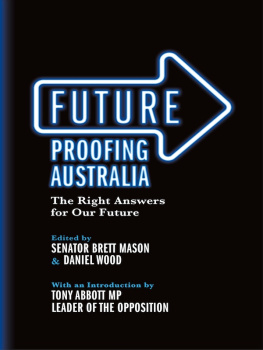
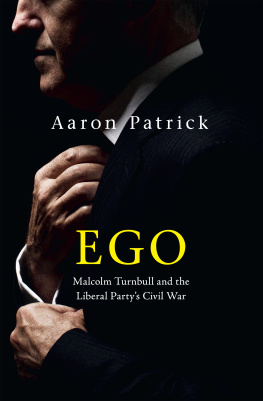

![Simon Brett [Simon Brett] - Mrs. Pargeter’s Package](/uploads/posts/book/142153/thumbs/simon-brett-simon-brett-mrs-pargeter-s.jpg)